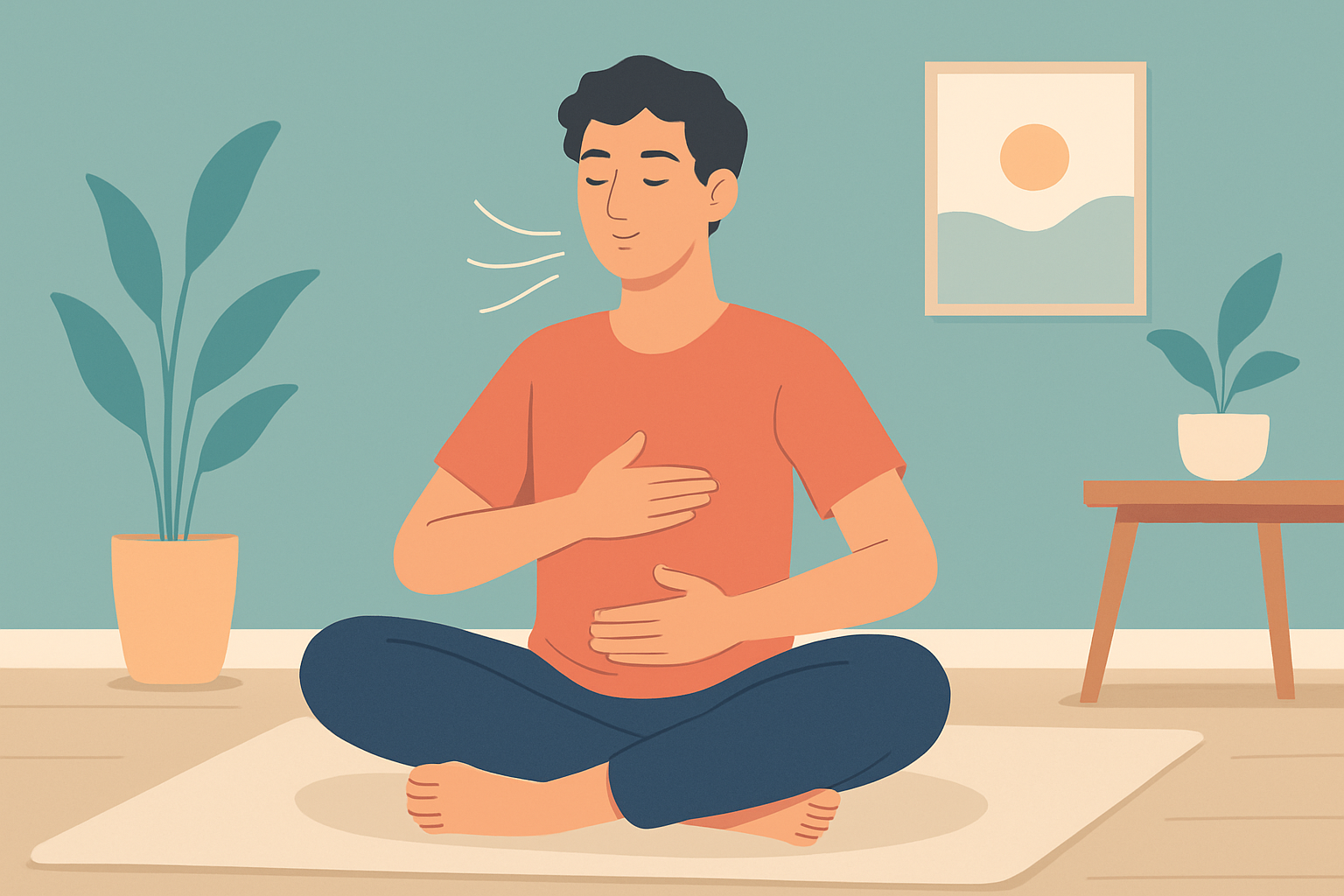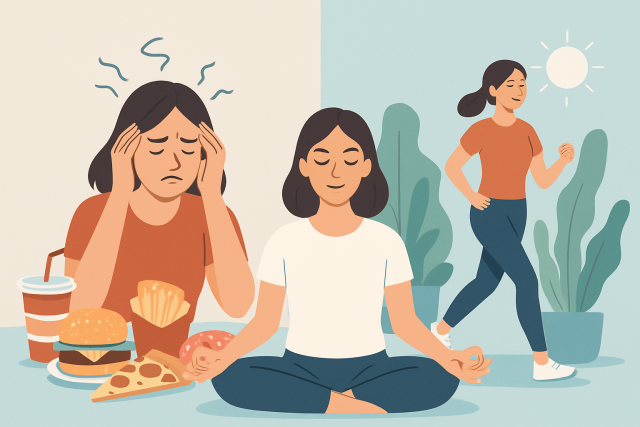
6 Stages of Grief and Moving Through Each Phase
Discover the 6 stages of grief broken down with clear guidance and compassionate advice to help you...
This article offers practical tips for managing anger in the heat of the moment and for building lasting emotional balance.
Anger is a perfectly normal emotion that everyone faces at some point. But if it’s left unchecked or gets out of hand it can throw a wrench in your relationships and cloud your judgment. It can also take a toll on your physical and mental health. Learning how to calm your anger quickly before it grabs the wheel is key. By catching early warning signs and using some simple calming tactics you can take back control and clear your head.
Your body and mind usually drop subtle hints before anger decides to crash the party. Catching these early signals can really help you step in and cool things down.
Catching these physical sensations and emotional shifts early on gives you a real leg up in calming yourself down.
Each step provides a simple, no-nonsense way to quickly calm your mind and body.

Immediate techniques definitely have their place, but honing long-term skills for managing anger usually quiets both how often and how fiercely it flares up.
When you weave these strategies into your day-to-day routine you’re setting up a sturdy foundation for healthier emotional responses. Over time, you’ll likely notice those sudden bursts of anger happening less often.
Sometimes, getting a handle on anger feels like trying to catch smoke with your bare hands. Yet, the places we live and the choices we make every day play a surprisingly big role in how we keep our cool—or lose it. From the noise levels around us to the little habits we pick up, these environmental and lifestyle factors quietly shape our mood and reactions more than we might realize.
The environment you find yourself in and the little decisions you make every day can seriously shape how fast anger bubbles up and how well you manage to keep it in check. Skimping on sleep, running on stress, or eating poorly usually cranks up irritability and makes patience feel rare.
| Environmental/Lifestyle Factor | Effect on Anger | Tips for Mitigation |
|---|---|---|
| Poor Sleep | Usually cranks up irritability and chips away at your patience | Try to stick to a regular sleep schedule, cut back on screen time before bed, and make your bedroom a peaceful, cozy retreat |
| Work Stress | Tends to dial up tension and makes emotions feel a bit more raw | Carve out clear boundaries, remember to take breaks often, and give stress-busters like deep breathing or mindfulness a fair shot |
| Unhealthy Nutrition | Can throw your mood out of whack and zap your energy quicker than you would like | Pick balanced meals loaded with fruits, veggies, and whole grains; do not forget to drink plenty of water |
| Cluttered/Chaotic Environment | Piles on stress and turns focus into a real challenge | Keep your space tidy, cut down on distractions, and create cozy little nooks for when you need to decompress |
| Lack of Physical Activity | Cranks up stress hormones and weakens your grip on emotions | Sneak in some daily movement—whether it’s a stroll, yoga, or any exercise—you'll thank yourself later |
| Social Isolation | Often stokes feelings of frustration and makes you feel stuck | Stay in touch with people and don’t hesitate to reach out for emotional support when it feels like too much |
Many individuals discover that self-help techniques do the trick when it comes to managing their anger. Every now and then professional support can really make a difference.
"Knowing when your anger is starting to feel like it’s running the show, and having the courage to reach out for a little help, can be a real game-changer on the road to finding your calm. With the right support and a few solid strategies up your sleeve, anger becomes something you can actually manage — and slowly but surely, you can build a more peaceful, balanced life."

Discover the 6 stages of grief broken down with clear guidance and compassionate advice to help you...

When life gets overwhelming, many turn to food for comfort. Explore the science behind stress eating...

Feeling overwhelmed by anxiety? Learn 5 simple, actionable steps to calm down quickly and regain con...

Discover how radical acceptance, a key DBT skill, helps you embrace reality as it is, reducing emoti...